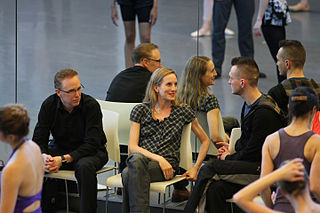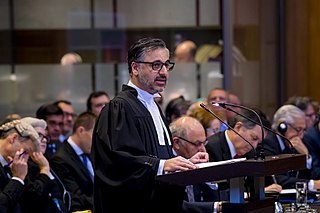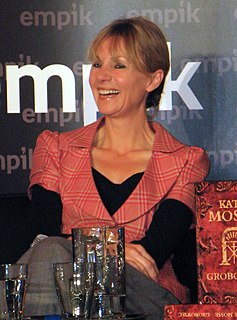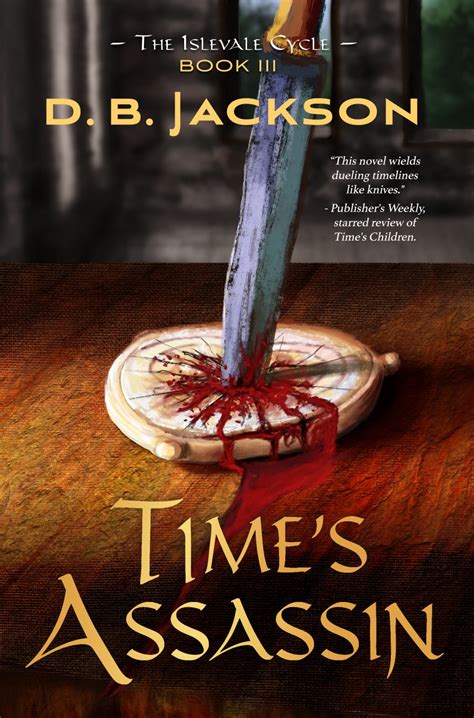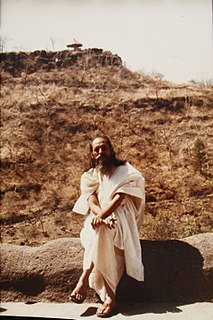A Quote by Carlos Fuentes
Reading, writing, teaching, learning, are all activities aimed at introducing civilizations to each other.
Quote Topics
Related Quotes
I hate the tribal hatred thesis - in Yugoslavia and Rwanda and places like that they kill each other because that's just what people do there. I think it's profoundly ignorant. I was astonished when Samuel Huntington wrote his famous clash of civilizations essay in response to the Yugoslavian war. I was on the streets in Sarajevo and every other person I met came from a mixed marriage. And here is Professor Huntington from Harvard writing this is a clash of civilizations. That was absurd.
I think training your instinct comes from writing and reading. There's no big secret. And reading slush helps, as well; I'd recommend everyone edit a literary magazine at some point. It's time-consuming, but there's a lot to learn from other writers who are also learning. The patterns (twelve stories about whales in this batch?) are also interesting.
In my own research, teaching and consulting experience I have to combine lessons from the field in a relatively inductive and open fashion with theoretical frameworks and conceptual arguments. The skills to deal with theory and conceptualization are a direct result of my formal education - reading, learning and conversations with other PhD students.
As you get drawn more and more into other activities, like political activities, very demanding, you have to find different rhythms of writing; I think that's the word I'm looking for, rhythms of creativity which then, of course, become very intense. I think your writing then tends to be very intensified simply because there are other demands which seem equally important.


